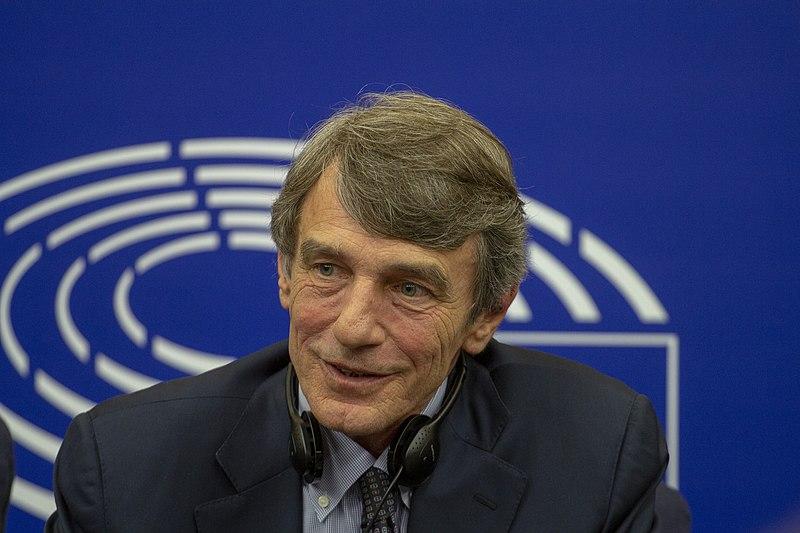Today, for the second time, the European Parliament is hosting a plenary debate on the state of the rule of law in Hungary. The root cause of this debate is the Hungarian Government's law on the containment of the coronavirus pandemic, which, according to the accusations, merely provided Hungarian Prime Minister Viktor Orbán with an excuse to build an autocratic regime. However, the initiative will not achieve its objective predictably. In the sections below, we'll tell you why.

1. The Hungarian Government won the communication part of the debate in advance when David Sassoli, President of the European Parliament, rejected a request from Justice Minister Judit Varga to participate in the debate. Sassoli justified his move by saying that only heads of state or heads of government would be able to participate in plenary debates. However, in his reply, the Hungarian Prime Minister confirmed that he had asked the Minister of Justice herself to represent him. The President of the European Parliament has maneuvered himself into a communication trap: if, by allowing Judit Varga to participate, he allows her participation instead of the Prime Minister, if he does not allow it, and he deprives Hungarians of the opportunity to speak. On the contrary, the Hungarian Government cannot come out of the debate badly: if Judit Varga is there, he has achieved his goal, if not, and then the European Parliament has deprived him of his position on the issue that concerns him.
2. The scenario of the plenary debates in the European Parliament already puts the representatives of the Hungarian Government in a favourable position for those watching the event. The basic situation shows that a single person defies a large-voiced, different language-speaking multitude without a clear position, which gives a very chaotic and disorganised impression. This in itself is an advantageous position. If the representative of the Hungarian Government – like previously the Prime Minister on similar occasions - succeeds in maintaining his composure, the contrast will be complete: fragmentation, confusion, chaos on the side of the European Parliament, a clear message, clear mandate, composure on the side of the Hungarian Government.
3. On one hand, the debate is political, i.e. an opinion debate. On the other hand, the Hungarian Government takes the view that opinions can be different, nevertheless the point is the legal assessment of the situation. In this case, Vera Jourová, on behalf of the Commission, has already stated that there have been no legal problems to be found in the Hungarian measures and legislation so far. The European Parliament is diverse because it is composed of representatives from different party positions. sometimes it will take opposing positions, while the Hungarian Government can represent a logically clear and simple situation. It also strengthens the chances of victory for the government.
4. The European Parliament's debates on Hungary so far also suggest that this channel of communication between the parties does not work. The Hungarian arguments made during the debates did not in any way shape the European Parliament's subsequent decisions on Hungary, just as the Hungarian Government's policy remained unchanged. This also shows that the European Parliament's missions in such matters are ineffective. This also strengthens the chances of the Hungarian Government winning in the present debate.
14-05-2020 – Dr Tibor Navracsics